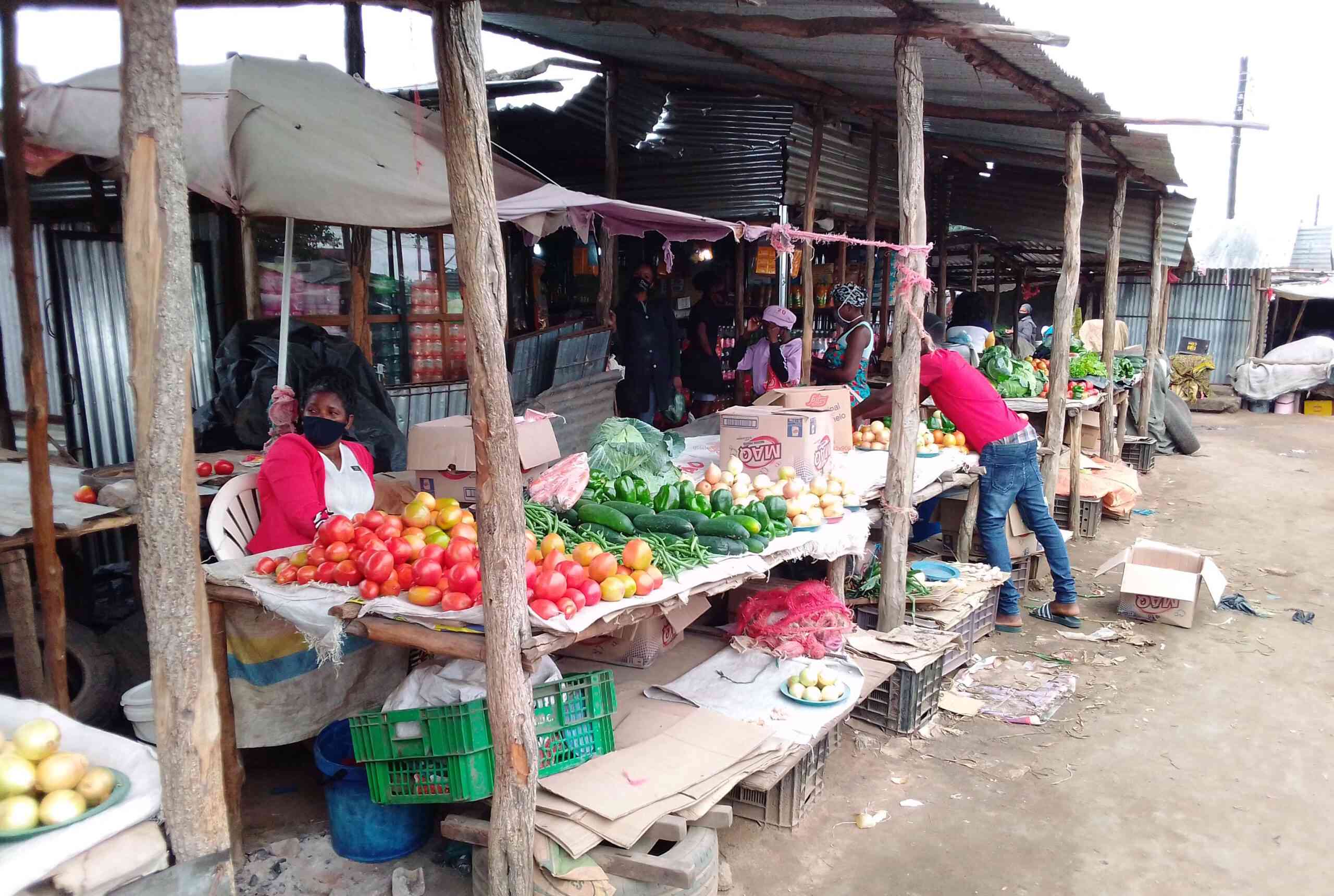
BAKER Tilly Central Africa natural resources and trade finance director, James Chitupa, says there is a need for more policies supporting the scaling up of small-to-medium enterprises (SMEs) in Zimbabwe.
Speaking on a panel discussion at the Africa Investment Leaders Forum Precursor Forum and Golf Day in Harare recently, Chitupa said the forum was helping SMEs understand policy issues around sustainable investment.
“What we have tried to do is to look at the small guys with the potential to rise to the next level and put them in a programme where we prepare them for the next step,” he said.
“So, with this, we address all the sustainable issues. So, we are taking them through how to prepare their books and some of the policy issues that can facilitate their growth.”
He noted that there was a need for policy frameworks that facilitate the advancement of SMEs to higher levels.
“I think we need more policies supporting the scaling up of medium to small enterprises to get to that level. In a nutshell, the Africa Leaders Forum is removing that gap between SME or medium level up to large enterprises by creating a platform that enables them to converge, discuss, have discourse and perhaps collaborate,” he said.
Chitupa said the convergence of the blue-chip companies and the SMEs would right-size the ticket for offshore capital.
“As a platform, that is the area of a main thrust for us. One of our board members, David Smith’s passion is particularly that SME to medium level investment float with the big shakes and attempt to get that convergence going so that they can have access to offshore capital.
- Minister in eye of storm over borehole
- Feature: Baobab fruit trade transforms man’s life
- SMEs urged to improve their financial reporting
- Mutsvangwa pushes for creation, strengthening of SME credit co-operatives
Keep Reading
“The truth is, in Zimbabwe, I do not think we have more than 10 corporates or large enterprises that use global standards. That is why when we try to raise capital offshore, the ticket size is always too different or small.
“Here, we try to raise US$10 million through banks and it is hard to get it but when you go out, they say US$10 million ticket size is too low. We end up with large enterprises competing with SMEs.”
He urged blue-chip companies to improve their revenues to be able to access offshore financing.
“An enterprise that is generating revenue of US$5 million to US$10 million per annum in terms of revenue, gets the attention of the financial house, but that space is for the SMEs. It should be corporations that are doing US$100 million in revenue to be able to access financing out there. We are trying as much as possible to protect the SMEs, but the space continues to shrink.”
Chitupa also encouraged SMEs to join forces on their governance to improve their financial reporting to attract proper financing.
“They should do their books, bookkeeping, and record-keeping, even if it does not grow, we should be able to explain their work. You can have a team of accountants providing accounting services to 50 SMEs and produce the same books that are very good,” he said.
“SMEs should think about sharing this kind of service so that when they go to the bank, they have a good track record. I think we can then have a serious discussion in terms of how can SMEs get a permanent chair if voices are being heard and being taken seriously by financers.”
The forum and Golf Day were held as a preliminary discussion of the Africa Investment Leaders Forum and Awards to be held in June this year, running under the theme “Cultivating Sustainable Investment Ecosystems in Africa”.
Baker Tilly chief communications officer, Farai Muvuti, told journalists that the awards will be given to investors who have ploughed back their investments to the local communities.







